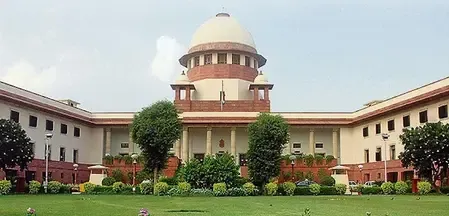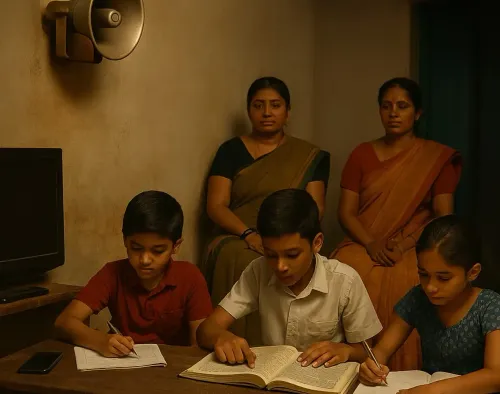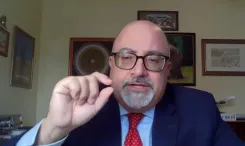Why Did the SC Reject the Plea for NEP in TN, Kerala, and Bengal?

Synopsis
Key Takeaways
- The Supreme Court has dismissed the plea for NEP implementation in Tamil Nadu, Kerala, and West Bengal.
- The court emphasized its limited role in compelling state actions.
- Three states have yet to sign the MoU necessary for NEP funding.
- The NEP aims to enhance educational standards in India.
- Political views on the NEP vary significantly among state leaders.
New Delhi, May 9 (NationPress) The Supreme Court has dismissed a plea requesting guidance for the states of Tamil Nadu, Kerala, and West Bengal to adopt the National Education Policy (NEP) 2020. A panel comprising Justices J.B. Pardiwala and R. Mahadevan stated that the Supreme Court, while exercising its writ authority, is unable to directly mandate any state government to embrace the NEP.
Justice Pardiwala's bench noted, “The court could intervene if a state's actions or lack thereof concerning the National Education Policy infringe upon any fundamental rights. However, we won't delve into this matter in this writ petition,” while dismissing the plea presented by advocate G.S. Mani, who represented himself.
According to media reports, the plea highlighted that five states, including Odisha, West Bengal, Tamil Nadu, Kerala, and Delhi, have not yet formalized the Memorandum of Understanding (MoU) with the Union Ministry of Education, while 30 states and union territories have completed this process.
“Due to changes in government in Odisha and the Union Territory of Delhi, only three states remain—Tamil Nadu, Kerala, and West Bengal—that have not signed the MoU with the Union government,” the plea stated.
Furthermore, the plea asserted that this MoU is crucial for executing the National Education Policy and obtaining approximately Rs 13,000 crore over the subsequent three years through the Centre's key initiative for state-run higher education.
The Tamil Nadu Chief Minister's assertion that the NEP undermines social equity, attacks the Tamil language, and is detrimental to the interests of the Tamil population is described as fundamentally flawed, arbitrary, politically charged, and contrary to the fundamental right to quality education and the learning of Tamil and other languages by Indian children.
“The state government's refusal or failure to implement the National Educational Policy (NEP) from the Central Government or sign an MoU could jeopardize public interest or infringe upon citizens' rights. The state government bears a constitutional and legal responsibility to implement the NEP 2020 of the Central Government and to enter into an MoU for executing this policy, scheme, or project,” the petition emphasized.
The plea further explained that the Union Ministry of Human Resource Development introduced the New National Education Policy (NEP) 2020 to enhance the quality of education in India by prioritizing holistic growth, critical reasoning, and skill acquisition, while also emphasizing foundational literacy and numeracy.










